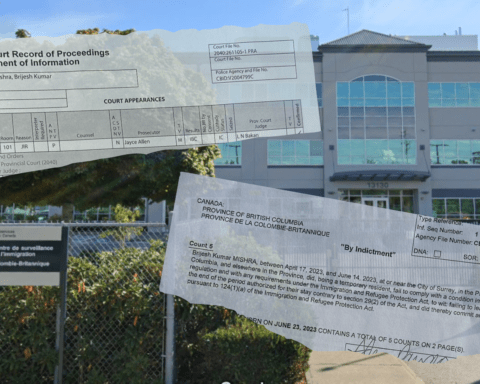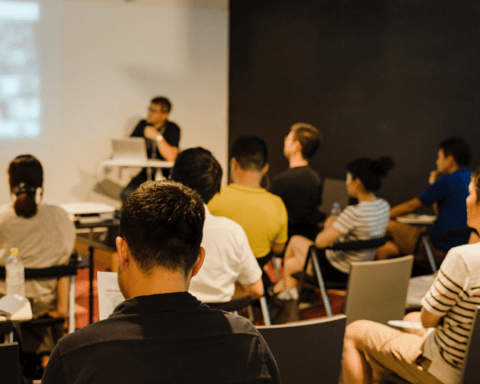A few career changes ago, I managed a branding and design agency. Our primary task was to help our clients communicate their organisation, product or service. We worked to create a strong brand so that people would choose our client’s company or service over and above their many competitors.
Since I ran that agency 15 years ago, much has changed in the world. But some things still hold true, and many issues have grown in scale. Talk to retailers, tour operators and educational institutions. Talk to employers. They will tell you that competition is only increasing, not diminishing. And the competition is now global, not local.
Last year, not long after the launch of Welcoming Cities, I received a phone call from the CEO of a Regional Business Council. They outlined their challenge as follows: “We have a large infrastructure project in our community. When the project is complete, we know that we won’t be able to attract enough people domestically to fill all the jobs. So, we need both a national and international solution. But we are struggling to attract people. There is a perception of our community that we are not welcoming. Because of this perception, Australian residents and migrants don’t want to move here, live here, or work here. We need to change that perception. We don’t just want to be a welcoming city; we NEED to be a welcoming city.”
Our international reputation of a fair go, cheering for the underdog, and boundless plains to share no longer seem to ring true.
This story, or at least the sentiment behind it, seems to be a growing challenge.
I recently met with Local Government employees of a major capital city. Their focus is on increasing social cohesion and economic participation in their region. They’re concerned by political sentiment and what they perceive to be regressive policies and divisive rhetoric. One of the people in the meeting commented that “Brand ‘Australia’ is damaged. There’s no evidence this will improve anytime soon. We need to do something about it.”
Brand Australia needs some serious help
The compelling and disconcerting truth of this statement struck me. Brand Australia needs some serious help. Our international reputation of a fair go, cheering for the underdog, and boundless plains to share no longer seem to ring true. The growing perception is that we demonise people fleeing torture and trauma, are intolerant of diverse cultures, and newcomers risk vilification. Brand Australia is now associated with a fair go for some, but not all.
Tourists, international students, and skilled migrants are vital contributors to our prosperity as a nation. And when it comes to the choice of coming to Australia, or not; perception is everything. If brand Australia ceases to be open, welcoming and generous, then the damage will not only be to our reputation but also the ongoing success of our nation.
The time to address that damage is now. It’s time to refuse small-minded, divisive politics. It’s time to stop waiting for politicians to cast a vision of a generous, welcoming and inclusive Australia and to grow this work ourselves. It’s time to lead. It’s time for community groups, small businesses, educational institutions, peak bodies and corporations to come together. It’s time to welcome newcomers to our shores and ensure that everyone can take part in social, economic and civic life.
It’s time to be deliberate, strategic and collaborative. To put policies and practices in place that value our First People’s, long-term residents and new arrivals. It’s time to rescue brand Australia. More than a branding exercise, this is a renewed commitment to an inclusive, multicultural Australia.
Awarded and recognized for his contribution to the community, Aleem Ali has spent the past 20 years seeding and mentoring the development of various programs. Aleem is currently the National Manager at Welcoming Cities, in addition to lead roles with For the Common Good, and FOUND.




